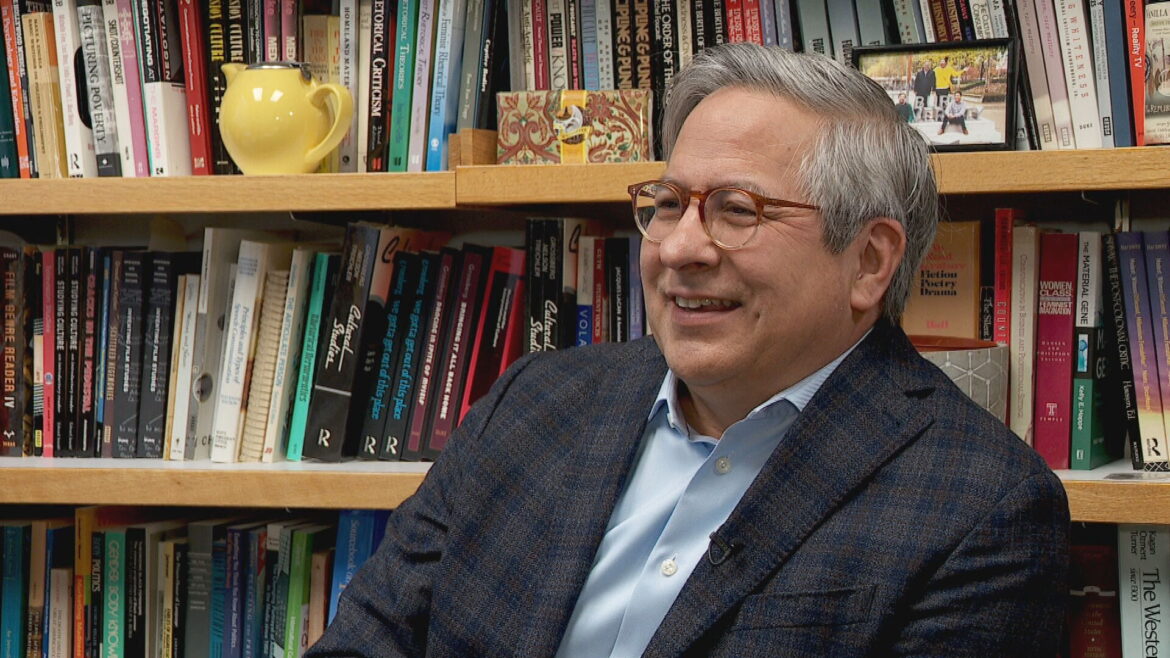SALT LAKE CITY (KUTV) — Utah quietly became what some consider to be the epicenter for Japanese Americans during World War II.
This nugget of history may not stand out compared to better-known stories, but it’s noted among researchers studying the subject.
Kent Ono, Distinguished Professor with the University of Utah’s Department of Communications, noticed that aspect of Utah’s history and found out why the state became the epicenter.
“What happened was Mike Masaoka, who had become very connected to U.S. Government, advocated that the Japanese Americans Citizens League, which was the civil rights organization for Japanese Americans, and the Pacific Citizen, which was the main newspaper for Japanese America in the country, to move to Salt Lake,” Ono said.
San Francisco, California was the previous headquarters for both.
Founded in 1929, the Japanese American Citizens League, or JACL, is the oldest and largest Asian American civil rights organization in the U.S.
Floyd Mori, Salt Lake resident and former JACL national president, said even from its early years, the organization stayed busy helping Japanese immigrants with various legal issues.
“A lot of it had to do with citizenship, because Japanese nationals could not become citizens,” Mori said.
Mori said prejudice against Asians in North America went all the way back to the 1800s. Japanese immigrants couldn’t become U.S. citizens until the 1950s.
Japan’s surprise bombing of Pearl Harbor on December 7, 1941, made life worse for Japanese communities in the U.S — especially those living on the West Coast who had to move inland or to an internment camp.
Mike Masaoka lived in San Francisco for a time but relocated to Salt Lake City, ultimately not having to register for any internment camps.
His view of internment camps during World War II caused a stir within the Japanese community.
History records that Masaoka advocated for Japanese Americans to go to internment camps peacefully to avoid any future problems.
Ono said Masaoka collaborated with the U.S. government, which made some Japanese Americans uncomfortable. However, Masaoka had a plan; historians believe he thought that by doing this, he could help Japanese immigrants and elevate their causes.
“And as a way of gaining ethos. Or gaining credibility, as a leader,” Ono said.
To learn more about Utah’s Japanese American history, click here.
_____


AloJapan.com